If you enjoy reading this blog, please leave a star rating on WealthTender. Thank you!
Some thoughts on this most important of issues following participation in a Citywire roundtable
I was kindly invited to join a Citywire Roundtable recently. The idea for the discussion had been sparked by global chief investment strategist of BlackRock’s Investment Institute, Wei Li proposing a replacement for the 60/40 portfolio, as reported in the article 60/40 or 30/30/30? BlackRock forecasts renewed focus on asset allocation mix (someone's maths looks a tad dubious). However, it was essentially a debate about asset allocation in general.
Let's address Blackrock's idea first. What Li is proposing is that instead of a static 60/40 allocation to equities/bonds, long-term/retirement savers should have a static 34/33/33 (phew on the maths front) allocation to equities/private markets (presumably private equity but possibly a combination of private equity and private debt)/bonds.
Frankly, in my view, tweaking things this way is like rearranging deckchairs on the Titanic. The issue here is not the mix but whether the allocation is static or dynamic. Systematic real returns from both equities and bonds until a couple or so years ago had been fantastic (roughly 8% per annum each) for the best part of four decades. These returns were never sustainable (why on earth should you deserve such a high real return for lending to an advanced country government?!) and we may well now be entering a multi-decade period in which systematic returns are very poor (in the US, from 1965 to 1981, systematic real returns from equities and bonds were, respectively, -1% per annum and -5% per annum).
With such poor systematic returns, there is not a single static allocation on this planet that is going to work. In other words, generating decent returns for the next several years, perhaps even the next decade or two, is going to be about alpha not beta. Moreover, given the amount of alpha that needs to be generated to compensate for the vastly lower beta, a high conviction approach is required. A high conviction approach could pertain to selection (to particular equities etc) or to asset allocation (to particular asset classes/geographies/sectors etc). My specialism is asset allocation, so my approach relates to the latter.
In terms of the Citywire debate, inflation played a starring role, as indeed it should have. Inflation is the key determinant of real returns (over time frames > 5 years) from equities, bonds, property, precious metals etc. i.e. everything. Importantly, inflation is cyclical. It is cyclical over 4-6 years (business cycles) and it is cyclical over 40-50 years (debt cycles). Furthermore, if inflation is cyclical, as indeed it is, it is predictable. And if it is predictable, active asset allocation can add value to a retirement/long-term investment portfolio.
Whether among the investing public broadly or among the panelists, it seems to me that there is not yet a sufficient recognition about the threat presented by persistently high inflation. Either 1965 to 1981 is so long ago that it does not get incorporated into thinking/models, or there is a feeling that the world economy is now able to withstand the forces that have in the past led to persistently high inflation. Also, among the panelists, there was a prevailing belief that the high inflation over the last couple of years or so was the result of exogenous shocks, namely covid (supply issues followed by excessive monetary/fiscal policy) and Ukraine (energy, food prices).
My view is that these events were not the causes of the high inflation but catalysts. Given the stable/falling inflation environment we had enjoyed for four decades, a multi-decade period of high inflation was inevitable. All that was needed was a catalyst or two. Could have been a pandemic, could have been a war. Or a meteorite. Or a major internet outage/cyber attack.
The below figure is from the paper The Burst of High Inflation in 2021–22: How and Why Did We Get Here? and it shows just how stable inflation has been in recent decades in the UK (the author considered 20 year blocks starting in 1217 so the figure does not quite capture when periods of high/low/rising/falling inflation started and finished. However, one can discern the three periods of persistently high inflation in the 20th century in the bottom right).
Figure 1. Eight Hundred Years of Inflation in the United Kingdom, 1217 to 2016
 Source: The Burst of High Inflation in 2021–22: How and Why Did We Get Here?
Source: The Burst of High Inflation in 2021–22: How and Why Did We Get Here?
There also seems to be a view that given the increasingly widespread predictions of recession, markets should have already anticipated such. That they haven't, some argue, means the predictions are wrong.
My view on this is that things happen slowly and it can take a while for tipping points that cause unemployment to rise (the key recession indicator, albeit a lagging/coincident one) to be triggered. People are still running down savings so consumption has held up. Or at least held up to the extent that companies are yet to start shedding labour systematically (I recall the fears of subprime causing a recession years before it did).
Indeed, I hear people say, but surely all the talk of recession should have caused some sort of reaction in financial markets? They are, after all, discounting machines.
Not necessarily. Some things are impossible to discount, even if they are inevitable (we do not feel the full force of grief relating to the inevitable passing of an elderly parent before the event, only after). Markets respond to tighter/looser liquidity, they cannot fully anticipate it. Markets respond when tipping points are reached, not before.
Perhaps a recession is not quite inevitable but the currently inverted yield curve - a reliable predictor of recession - in many countries suggests the probability is high.
Finally, we must remember that high inflation continues to erode the real value of equities, even if it is starting to show signs of decelerating. So, a 5% increase in nominal terms could well be a 5% decrease in real terms (remember, this has not been an adjustment we needed to make in the last forty years). In other words, it may be that poor-ish real returns are indeed starting to discount a recession, rather than decent-ish nominal returns that are not.
The views expressed in this communication are those of Peter Elston at the time of writing and are subject to change without notice. They do not constitute investment advice and whilst all reasonable efforts have been used to ensure the accuracy of the information contained in this communication, the reliability, completeness or accuracy of the content cannot be guaranteed. This communication provides information for professional use only and should not be relied upon by retail investors as the sole basis for investment.
© Chimp Investor Ltd




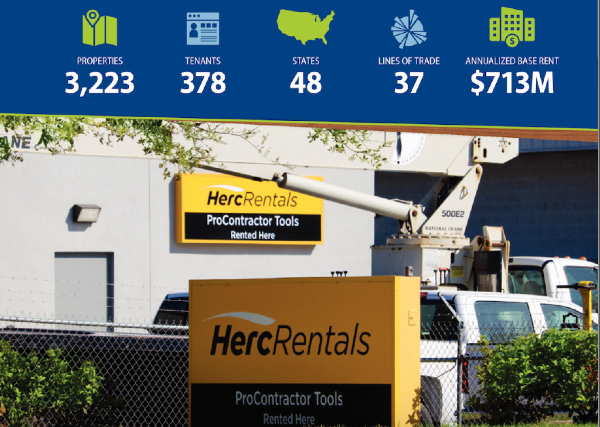



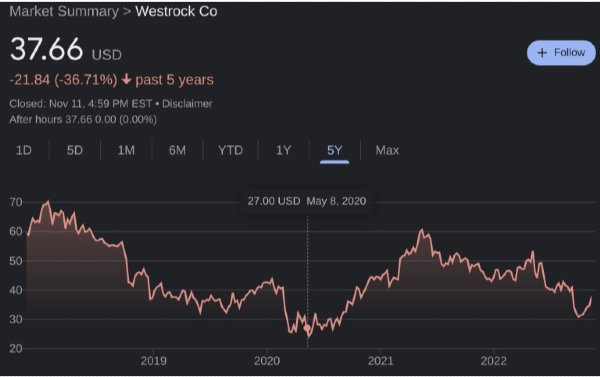

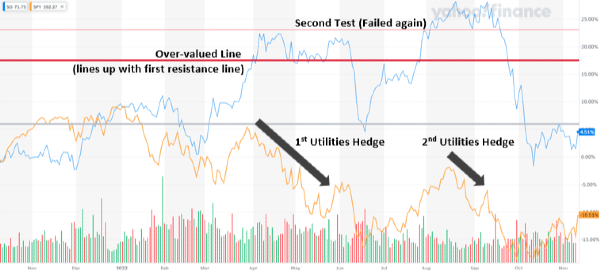


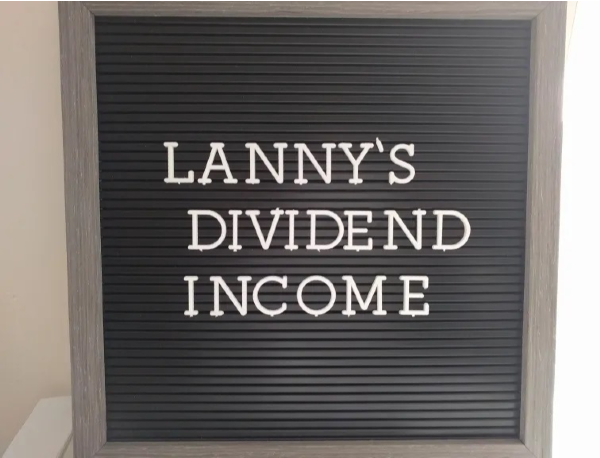
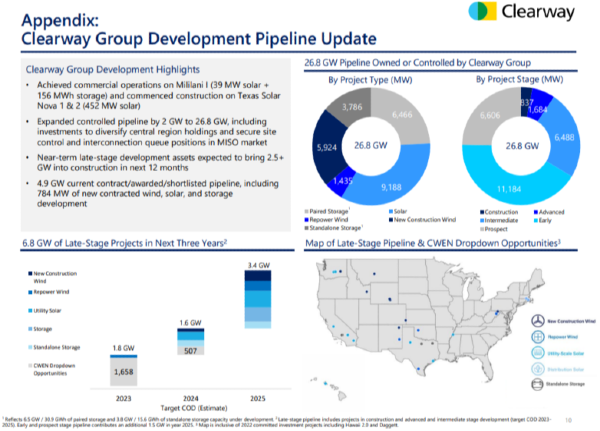
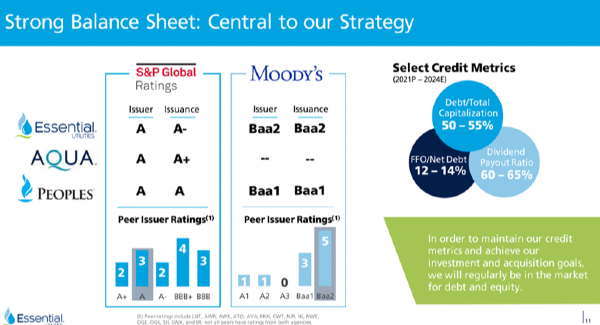


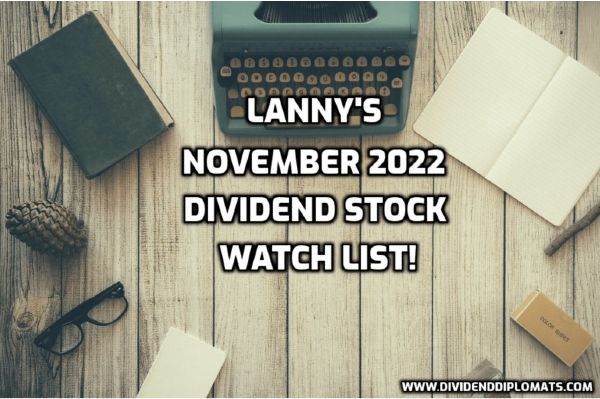

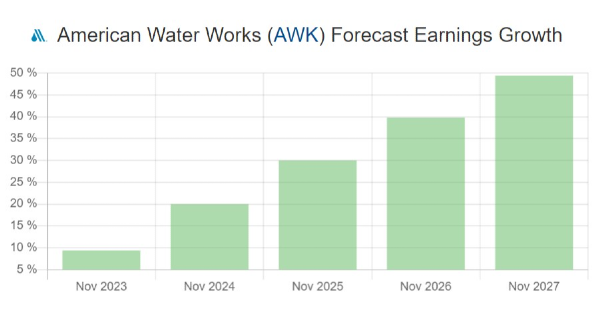
If you enjoy reading this blog, please leave a star rating on WealthTender. Thank you!
Some thoughts on this most important of issues following participation in a Citywire roundtable
I was kindly invited to join a Citywire Roundtable recently. The idea for the discussion had been sparked by global chief investment strategist of BlackRock’s Investment Institute, Wei Li proposing a replacement for the 60/40 portfolio, as reported in the article 60/40 or 30/30/30? BlackRock forecasts renewed focus on asset allocation mix (someone's maths looks a tad dubious). However, it was essentially a debate about asset allocation in general.
Let's address Blackrock's idea first. What Li is proposing is that instead of a static 60/40 allocation to equities/bonds, long-term/retirement savers should have a static 34/33/33 (phew on the maths front) allocation to equities/private markets (presumably private equity but possibly a combination of private equity and private debt)/bonds.
Frankly, in my view, tweaking things this way is like rearranging deckchairs on the Titanic. The issue here is not the mix but whether the allocation is static or dynamic. Systematic real returns from both equities and bonds until a couple or so years ago had been fantastic (roughly 8% per annum each) for the best part of four decades. These returns were never sustainable (why on earth should you deserve such a high real return for lending to an advanced country government?!) and we may well now be entering a multi-decade period in which systematic returns are very poor (in the US, from 1965 to 1981, systematic real returns from equities and bonds were, respectively, -1% per annum and -5% per annum).
With such poor systematic returns, there is not a single static allocation on this planet that is going to work. In other words, generating decent returns for the next several years, perhaps even the next decade or two, is going to be about alpha not beta. Moreover, given the amount of alpha that needs to be generated to compensate for the vastly lower beta, a high conviction approach is required. A high conviction approach could pertain to selection (to particular equities etc) or to asset allocation (to particular asset classes/geographies/sectors etc). My specialism is asset allocation, so my approach relates to the latter.
In terms of the Citywire debate, inflation played a starring role, as indeed it should have. Inflation is the key determinant of real returns (over time frames > 5 years) from equities, bonds, property, precious metals etc. i.e. everything. Importantly, inflation is cyclical. It is cyclical over 4-6 years (business cycles) and it is cyclical over 40-50 years (debt cycles). Furthermore, if inflation is cyclical, as indeed it is, it is predictable. And if it is predictable, active asset allocation can add value to a retirement/long-term investment portfolio.
Whether among the investing public broadly or among the panelists, it seems to me that there is not yet a sufficient recognition about the threat presented by persistently high inflation. Either 1965 to 1981 is so long ago that it does not get incorporated into thinking/models, or there is a feeling that the world economy is now able to withstand the forces that have in the past led to persistently high inflation. Also, among the panelists, there was a prevailing belief that the high inflation over the last couple of years or so was the result of exogenous shocks, namely covid (supply issues followed by excessive monetary/fiscal policy) and Ukraine (energy, food prices).
My view is that these events were not the causes of the high inflation but catalysts. Given the stable/falling inflation environment we had enjoyed for four decades, a multi-decade period of high inflation was inevitable. All that was needed was a catalyst or two. Could have been a pandemic, could have been a war. Or a meteorite. Or a major internet outage/cyber attack.
The below figure is from the paper The Burst of High Inflation in 2021–22: How and Why Did We Get Here? and it shows just how stable inflation has been in recent decades in the UK (the author considered 20 year blocks starting in 1217 so the figure does not quite capture when periods of high/low/rising/falling inflation started and finished. However, one can discern the three periods of persistently high inflation in the 20th century in the bottom right).
Figure 1. Eight Hundred Years of Inflation in the United Kingdom, 1217 to 2016
There also seems to be a view that given the increasingly widespread predictions of recession, markets should have already anticipated such. That they haven't, some argue, means the predictions are wrong.
My view on this is that things happen slowly and it can take a while for tipping points that cause unemployment to rise (the key recession indicator, albeit a lagging/coincident one) to be triggered. People are still running down savings so consumption has held up. Or at least held up to the extent that companies are yet to start shedding labour systematically (I recall the fears of subprime causing a recession years before it did).
Indeed, I hear people say, but surely all the talk of recession should have caused some sort of reaction in financial markets? They are, after all, discounting machines.
Not necessarily. Some things are impossible to discount, even if they are inevitable (we do not feel the full force of grief relating to the inevitable passing of an elderly parent before the event, only after). Markets respond to tighter/looser liquidity, they cannot fully anticipate it. Markets respond when tipping points are reached, not before.
Perhaps a recession is not quite inevitable but the currently inverted yield curve - a reliable predictor of recession - in many countries suggests the probability is high.
Finally, we must remember that high inflation continues to erode the real value of equities, even if it is starting to show signs of decelerating. So, a 5% increase in nominal terms could well be a 5% decrease in real terms (remember, this has not been an adjustment we needed to make in the last forty years). In other words, it may be that poor-ish real returns are indeed starting to discount a recession, rather than decent-ish nominal returns that are not.
The views expressed in this communication are those of Peter Elston at the time of writing and are subject to change without notice. They do not constitute investment advice and whilst all reasonable efforts have been used to ensure the accuracy of the information contained in this communication, the reliability, completeness or accuracy of the content cannot be guaranteed. This communication provides information for professional use only and should not be relied upon by retail investors as the sole basis for investment.
© Chimp Investor Ltd
Originally Posted in Chimp Investor